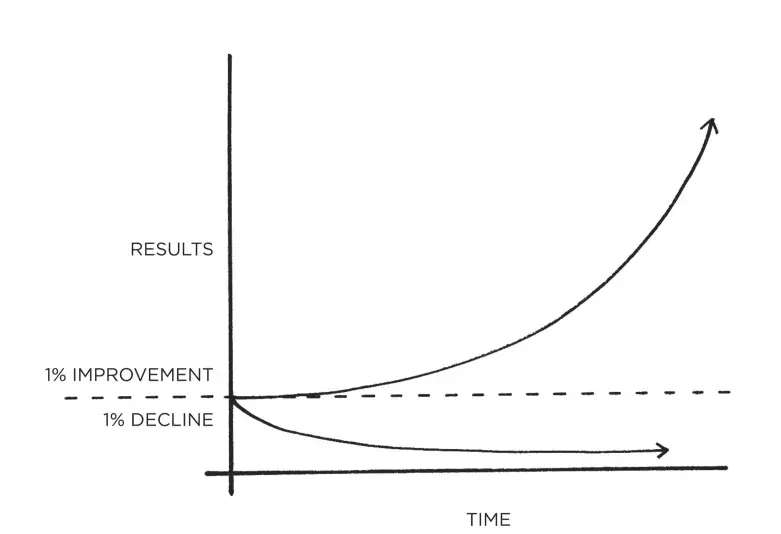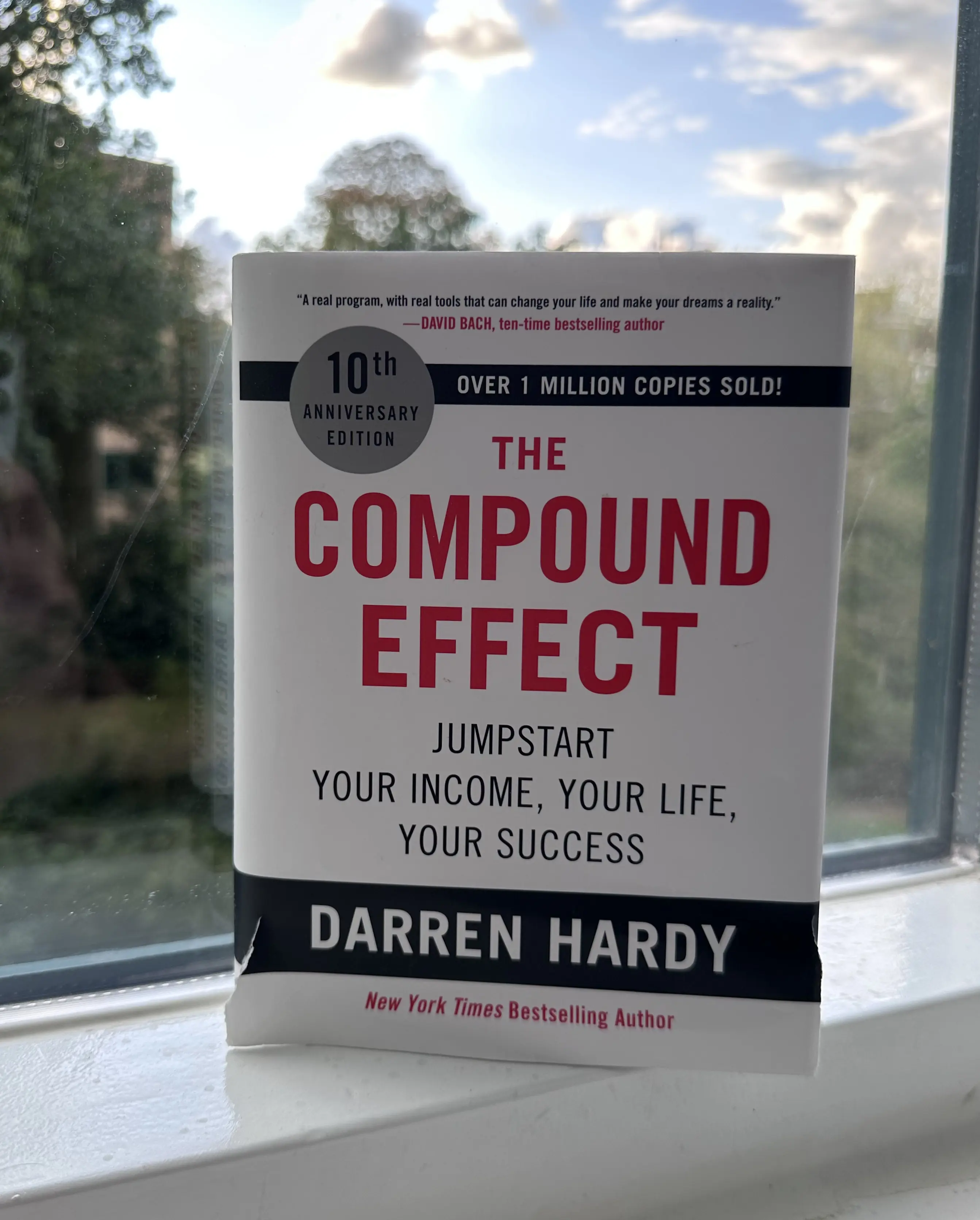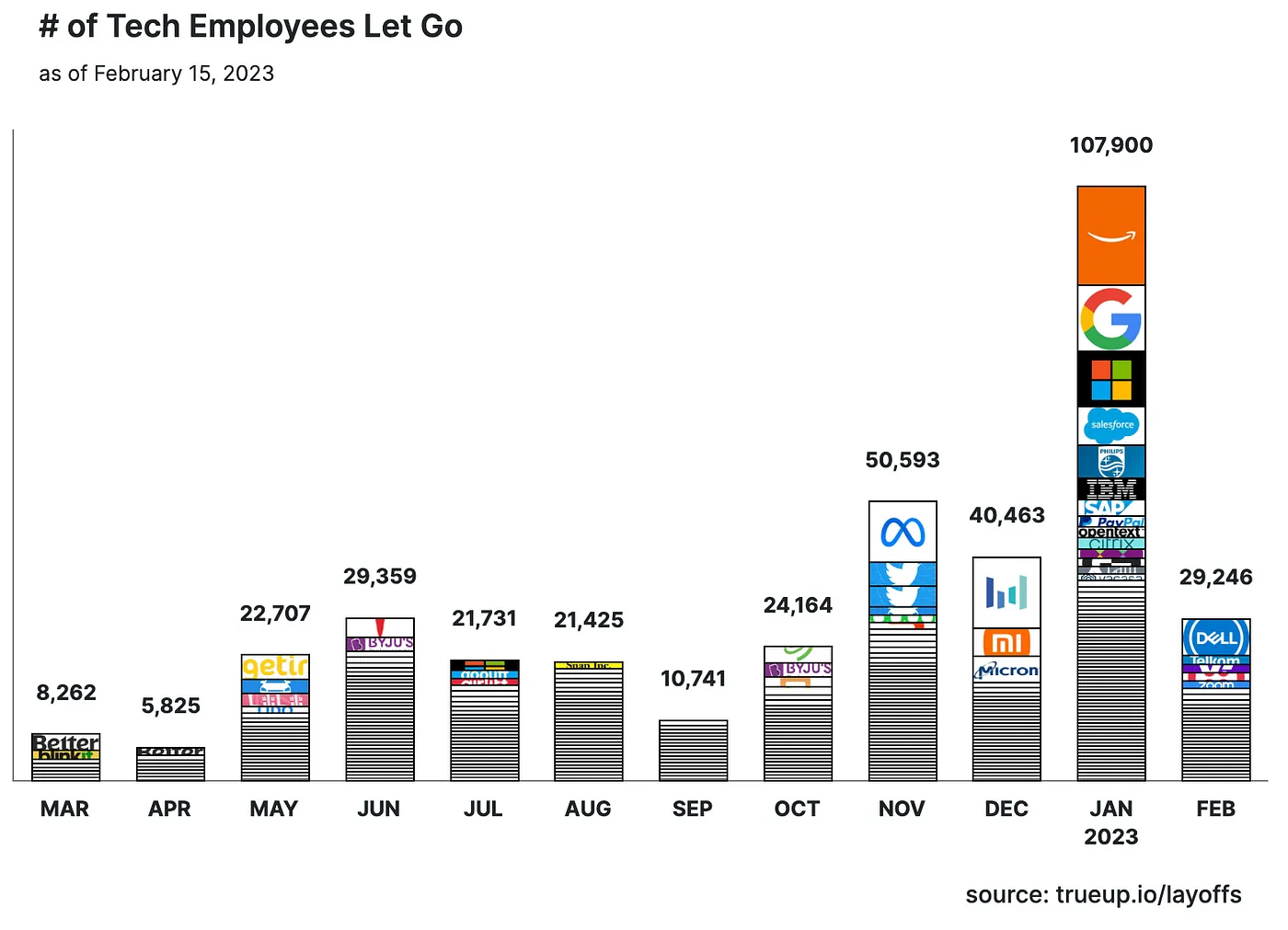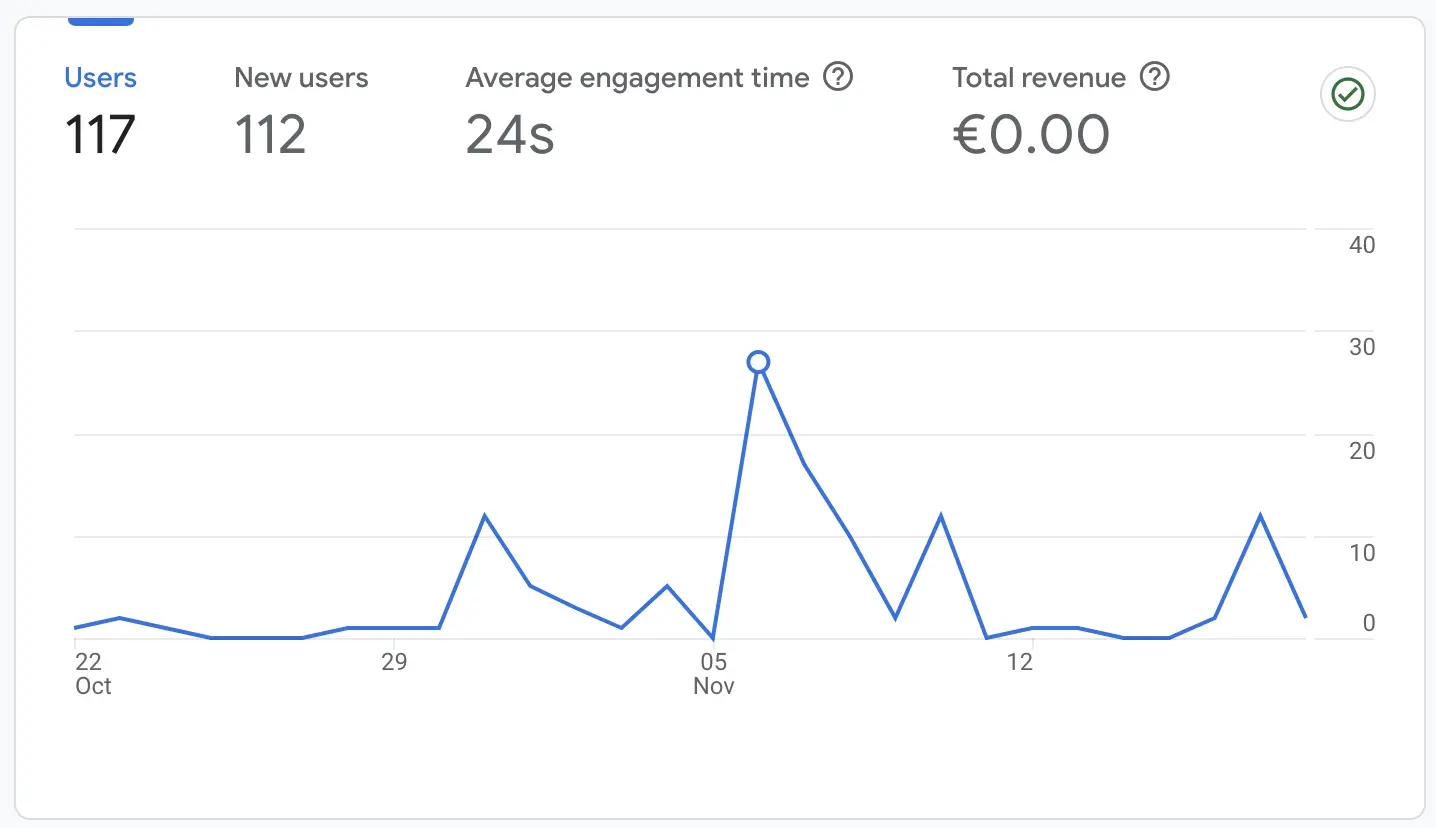This is probably going to be a trial and error experiment from which I'm hoping to land the correct format for my readers. So join me in the endeavor and feel free to share your thoughts in the form below.
The Compound Effect

The Compound Effect is a fundamental principle in personal development, finance, and productivity.
Presented by Darren Hardy in his book of the same name it's been used in the financial world since the beginning of the stock market, it illustrates the remarkable power of small, consistent actions over time. This concept emphasizes that even tiny efforts, when compounded over an extended period, can lead to significant and lasting results.
Improving by 1% isn’t particularly notable — sometimes it isn’t even noticeable — but it can be far more meaningful, especially in the long run. The difference a tiny improvement can make over time is astounding. Here’s how the math works out: if you can get 1% better each day for one year, you’ll end up 37 times better by the time you’re done. Conversely, if you get 1% worse each day for one year, you’ll decline nearly down to zero.
What starts as a small win or a minor setback accumulates into something much more.
Key takeaways:

- Small Steps Matter:
The Compound Effect highlights the importance of taking consistent, small steps toward your goals. These actions may seem insignificant at first, but they build up over time to produce significant outcomes.
- Consistency is Key:
Success isn't about making massive changes overnight but about maintaining steady, disciplined efforts. Consistency is the driving force behind the compound effect.
- Time Amplifies Results:
The longer you apply the compound effect, the more pronounced the results become. It's like a snowball rolling downhill, gaining momentum and size as it goes.
- Positive and Negative Effects:
The compound effect can work in your favor (e.g., saving money, developing good habits) or against you (e.g., unhealthy habits, debt). Being aware of this principle allows you to make intentional choices.
- Awareness and Tracking:
Monitoring your actions and progress is crucial to harnessing the compound effect effectively. It helps you adjust your strategies and stay on course.
Applications
- Personal Finance:
Consistently saving or investing small amounts of money can lead to significant wealth accumulation over time.
- Health and Fitness:
Small daily improvements in diet and exercise can result in improved health and fitness levels in the long run.
- Personal Development:
Reading a few pages of a book each day, learning a new skill, or practicing mindfulness can lead to continuous self-improvement.
- Business and Career:
Consistently networking, acquiring new skills, and setting achievable goals can lead to career advancement and business success.
- Relationships:
Regular acts of kindness and communication can strengthen relationships and create lasting bonds.




